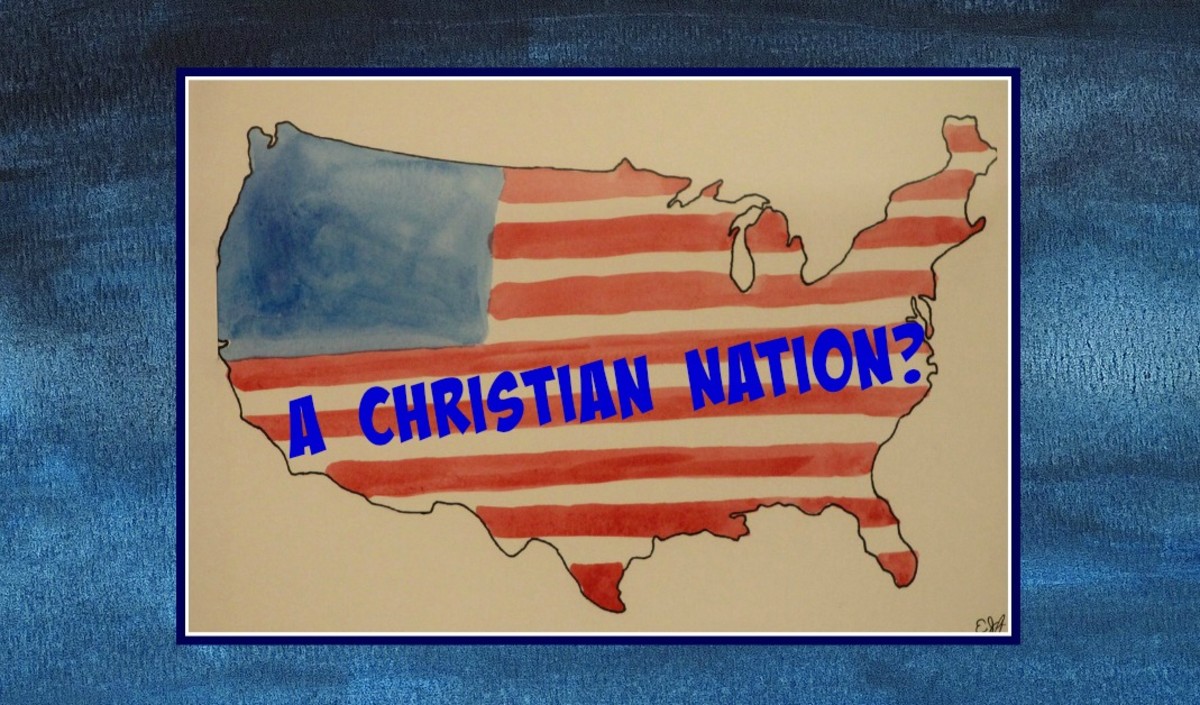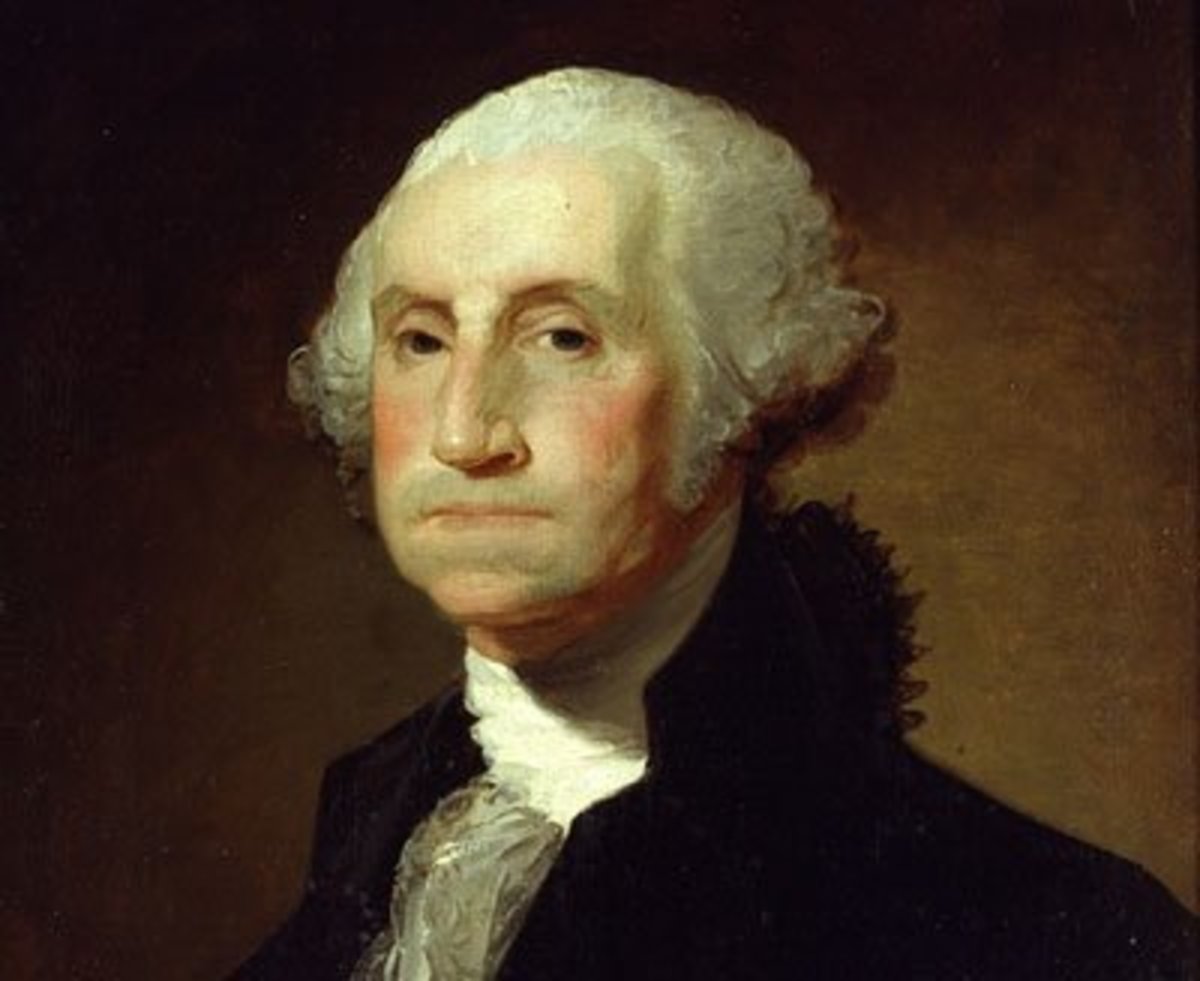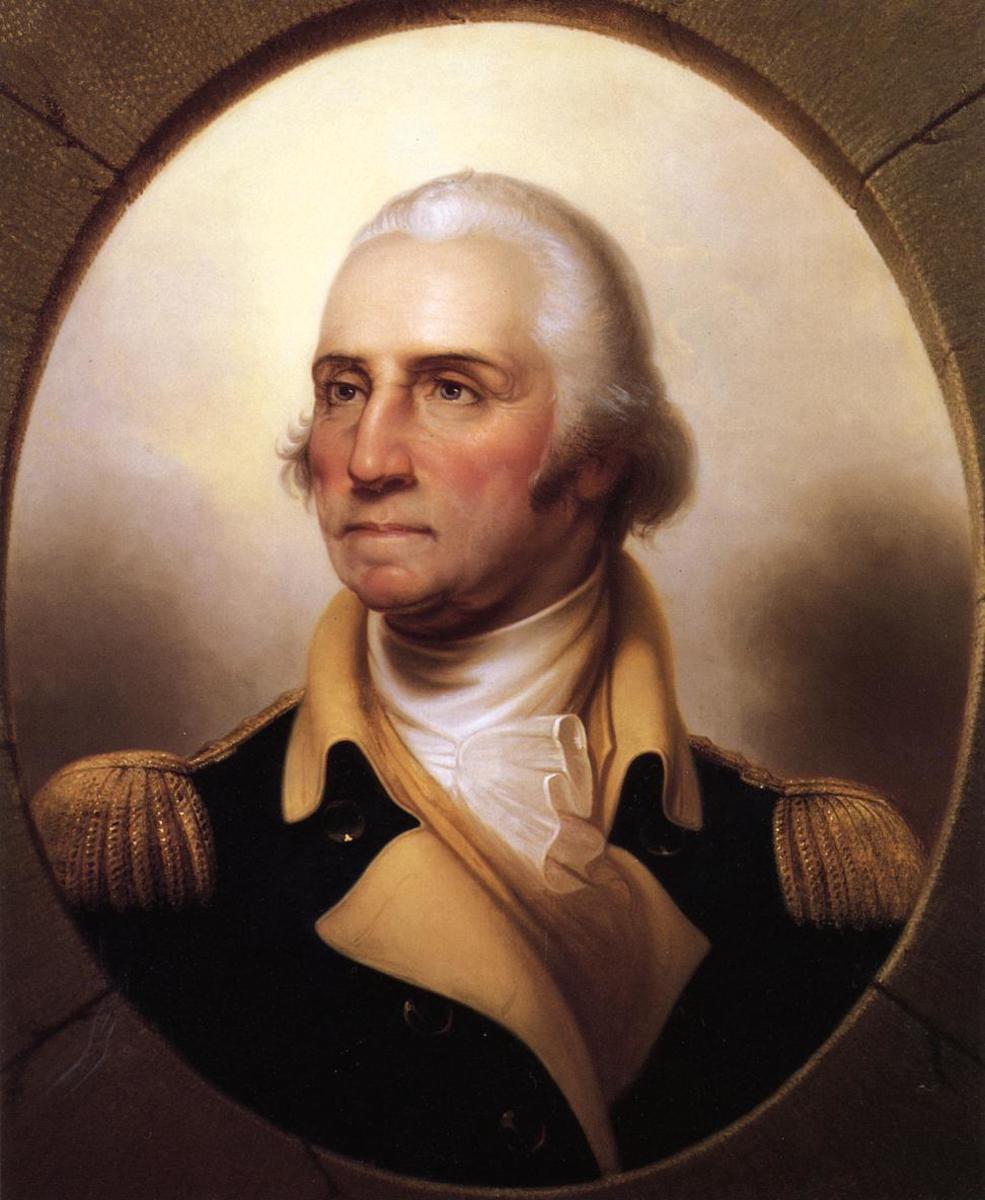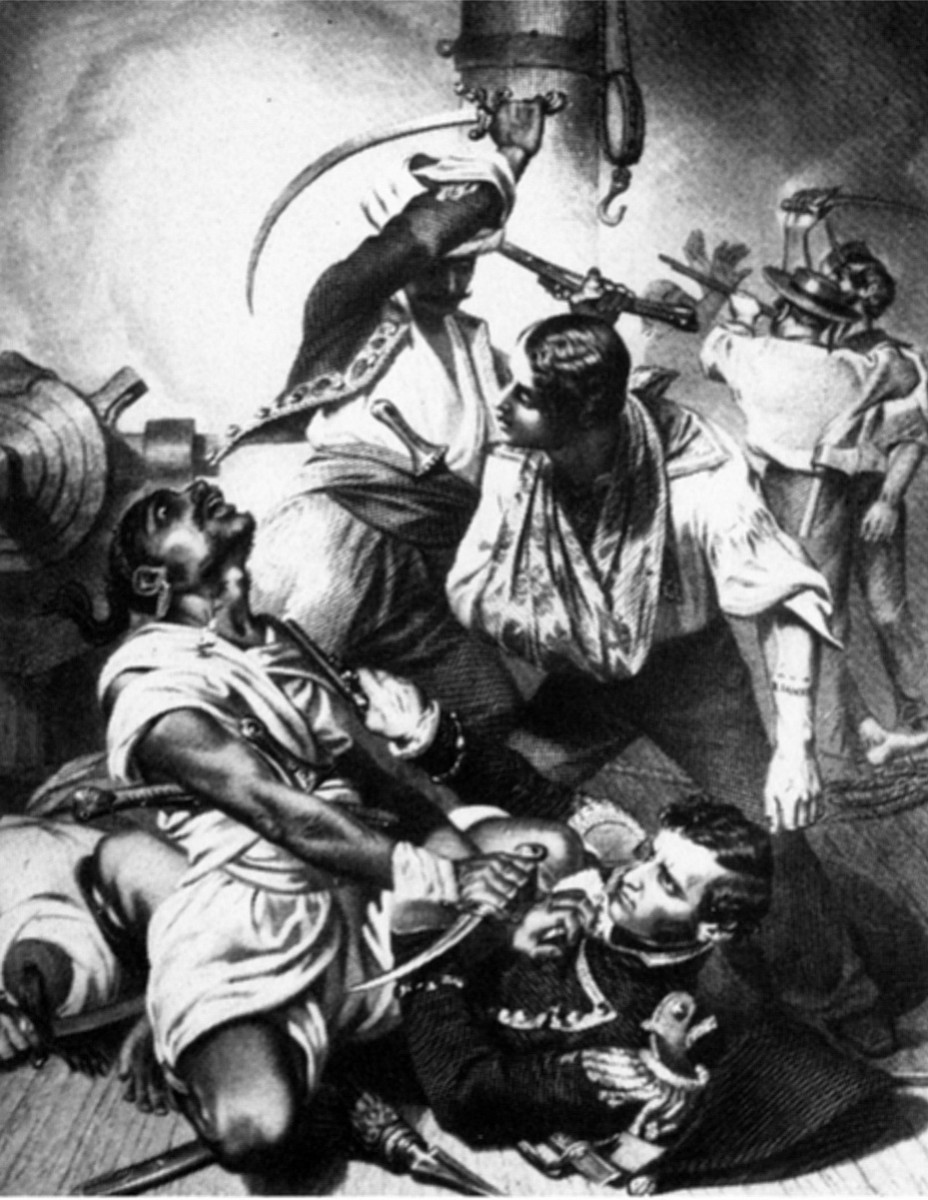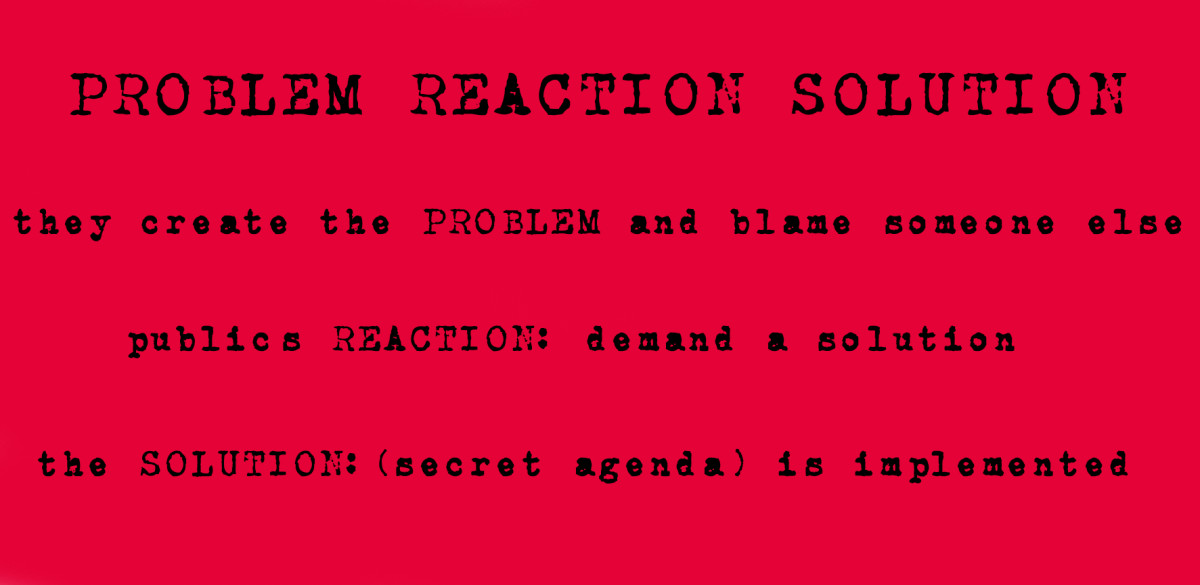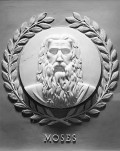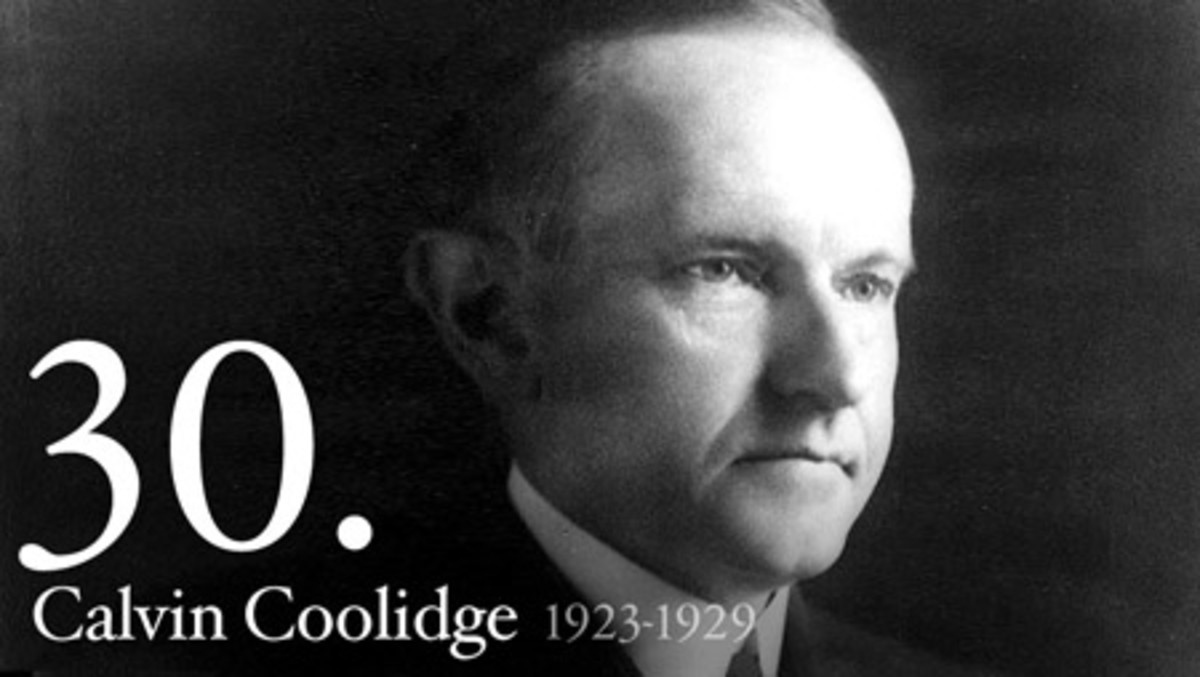Early Founding Fathers on Law, Morality, and the Bible: What Did They Say?
There's a lot of misinformation today about what early Americans believed about the relationship between government, law, morality, religion, and the Bible, especially in our schools. I have chosen just a few qood quotes from early Americans that illustrate their views on this subject. In another essay, I make clearer the relationship between law, morality, and the Bible.
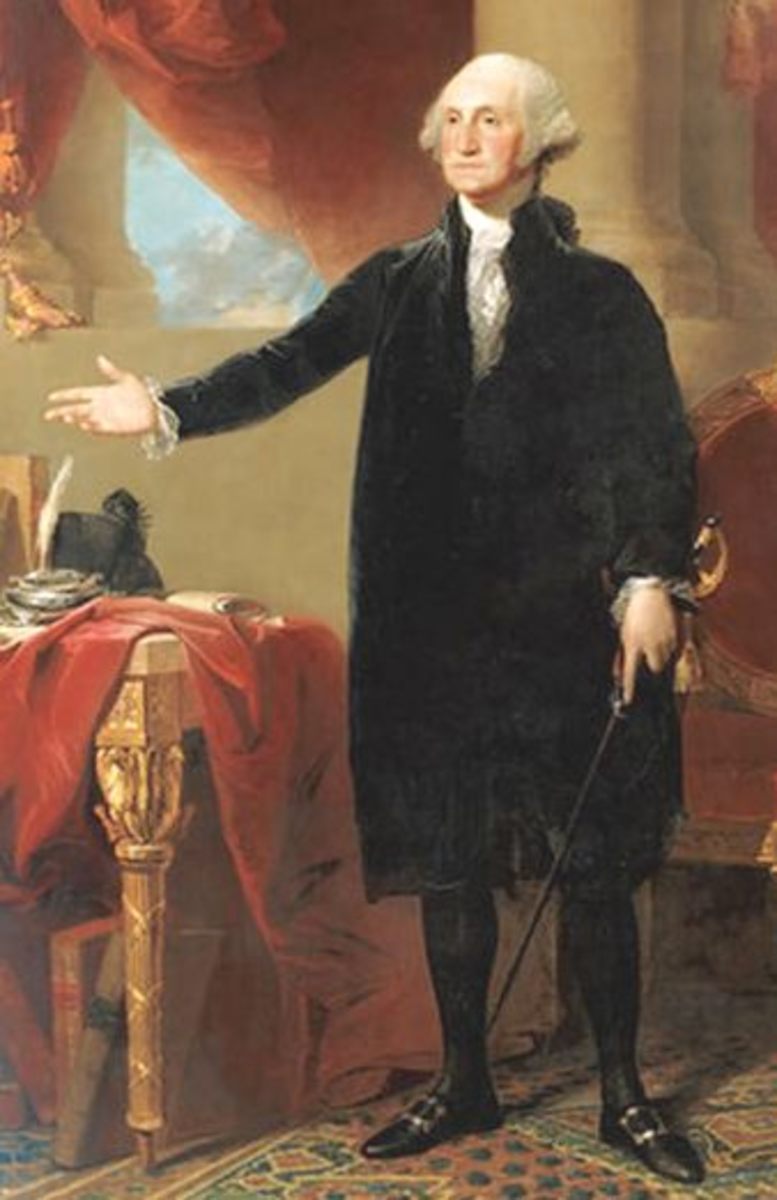
George Washington--Religion and Morality: "Indispensable Supports"
The first president of the United States, George Washington, believed that there was a vital relationship between religion, morality, and politics. Consider these quotes that he gave in his Farewell Address to the Nation in 1796:
"And let us with caution indulge the supposition that morality can be maintained without religion. Whatever may be conceded to the influence of refined education on minds of peculiar structure, reason and experience both forbid us to expect that national morality can prevail in exclusion of religious principle. It is substantially true, that virtue or morality is a necessary spring of popular government. The rule, indeed, extends with more or less force to every species of free government." (1796)
"Of all the dispositions and habits which lead to political prosperity, Religion and morality are indispensable supports. In vain would that man claim the tribute of patriotism who should labor to subvert these great pillars of human happiness, these firmest props of the duties of man and citizens. .. Let it simply be asked, Where is the security for property, for reputation, for life, if the sense of religious obligation desert the oaths, which are the instruments of investigation in Courts of Justice"? (1796)
John Adams
Another American president that believed that there was a vital relationship between religion, morality, and politics was John Adams. While his orthodox Christian views are more difficult to define--especially in his later years-- than those of Washington's, there is little doubt that Adams believed in most of the truths of the Christian faith and that he believed that they were vital for the American republic:
“But what do we mean by the American Revolution? Do we mean the American war? The Revolution was effected before the war commenced. The Revolution was in the minds and hearts of the people; a change in their religious sentiments of their duties and obligations.”
"We have no government armed with power capable of contending with human passions unbridled by morality and religion. . . . Our constitution was made only for a moral and religious people. It is wholly inadequate to the government of any other."
"If 'Thou shalt not covet' and 'Thou shalt not steal' were not commandments from Heaven, they must be made inviolable precepts in every society before it can be civilized or made free."
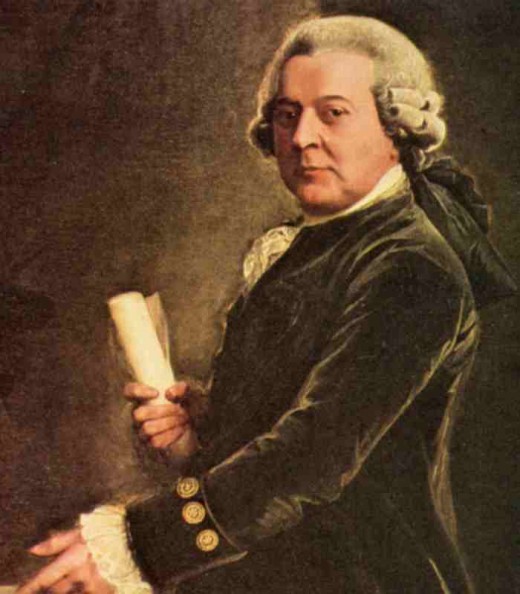
John Quincy Adams
"There are three points of doctrine the belief of which forms the foundation of all morality. The first is the existence of God; the second is the immortality of the human soul; and the third is a future state of rewards and punishment."
"The law given from Sinai was a civil and municipal as well as a moral and religious code; it contained many statutes . . . of universal application-laws essential to the existence of men in society, and most of which have been enacted by every nation which ever professed any code of laws."
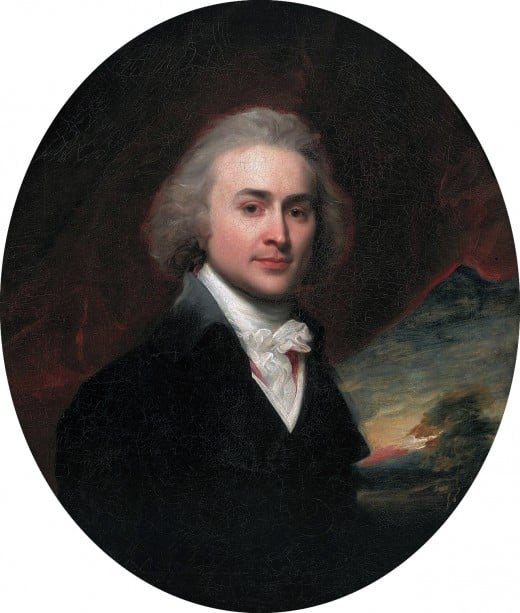
Noah Webster
"The most perfect maxims and examples for regulating your social conduct and domestic economy, as well as the best rules of morality and religion, are to be found in the Bible. . . . The moral principles and precepts found in the scriptures ought to form the basis of all our civil constitutions and laws. These principles and precepts have truth, immutable truth, for their foundation. . . . All the evils which men suffer from vice, crime, ambition, injustice, oppression, slavery and war, proceed from their despising or neglecting the precepts contained in the Bible. . . . For instruction then in social, religious and civil duties resort to the scriptures for the best precepts."
"All principles of genuine liberty, and of wise laws and administrations, are to be drawn from the Bible and sustained by its authority. The man therefore who weakens or destroys the divine authority of that book may be accessory to all the public disorders which society is doomed to suffer."

Benjamin Rush
"We profess to be republicans, and yet we neglect the only means of establishing and perpetuating our republican forms of government, that is, the universal education of our youth in the principles of Christianity by the means of the Bible. For this Divine Book, above all others, favors that equality among mankind, that respect for just laws, and those sober and frugal virtues, which constitute the soul of republicanism."
"The only foundation for a useful education in a republic is to be laid in religion. Without this there can be no virtue, and without virtue there can be no liberty, and liberty is the object and life of all republican governments."
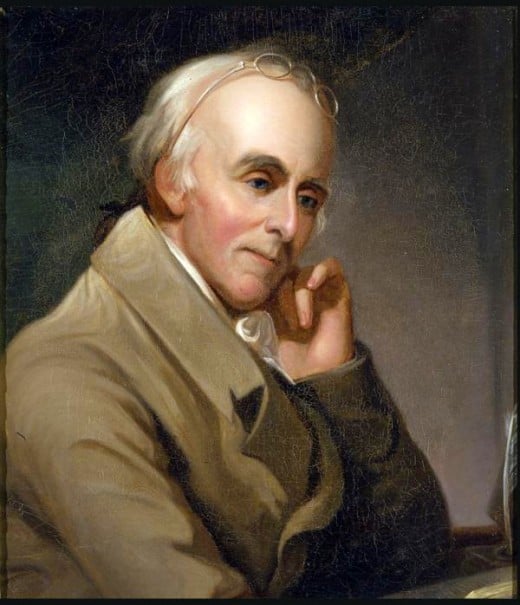
© 2010 William R Bowen Jr

